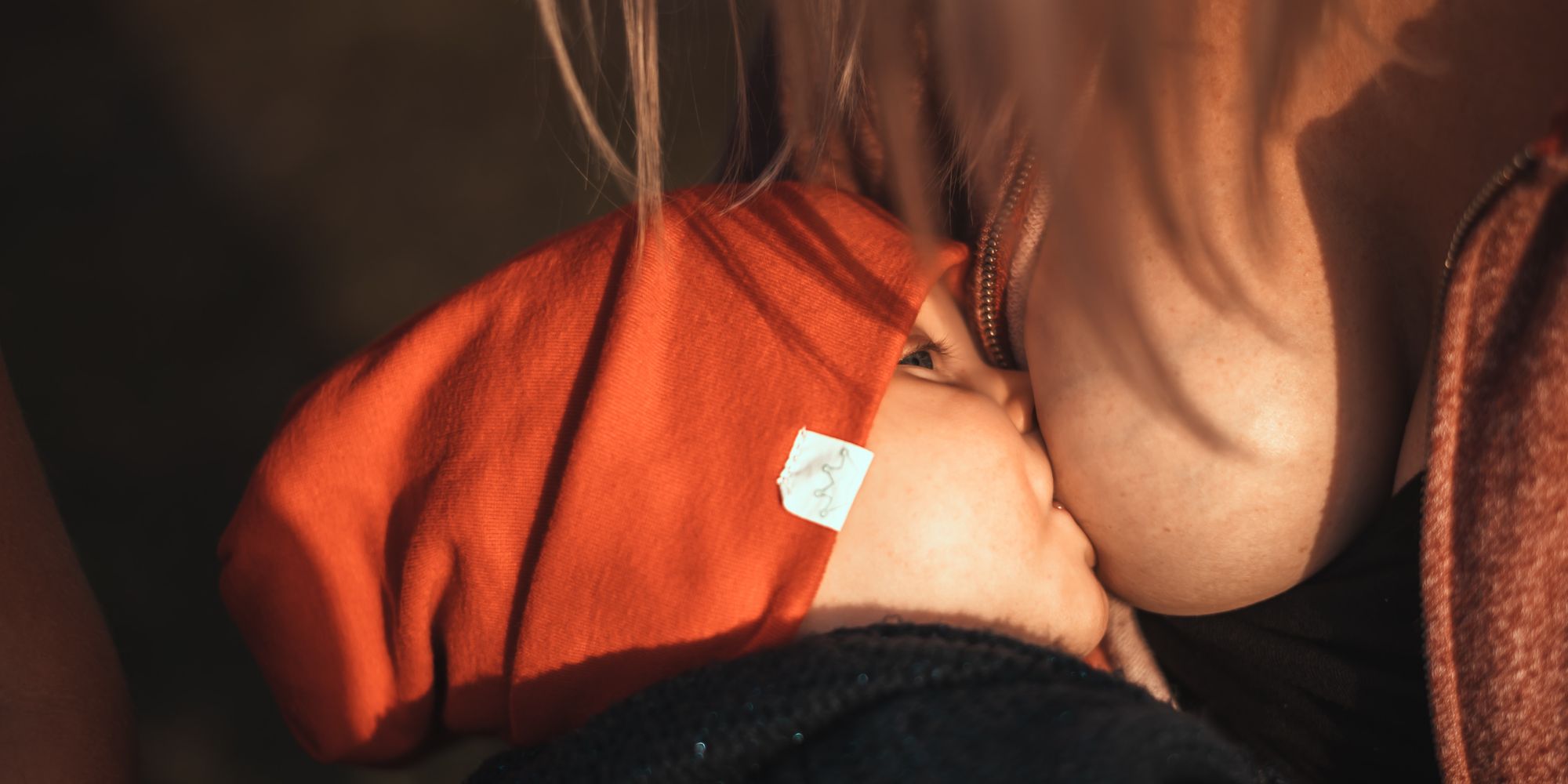Attention Mamas! There are Microplastics in our breast milk...
Microplastics found in human breast milk for the first time
Breastfeeding is a beautiful and natural way to nourish your baby, but recent reports suggest that breast milk contains microplastics. This news may be concerning for mothers who want to provide the best possible nutrition for their little ones. However, the good news is that while microplastics have been detected in breast milk, the levels are low, and there is no conclusive evidence that they are harmful to human health.
What are microplastics?
Microplastics are small plastic particles that are less than 5 millimeters in size. They come from a variety of sources, including cosmetics, clothing, and household items. They can also come from larger plastic items that break down over time. Microplastics are found everywhere, from our oceans to our tap water.
How are microplastics getting into breast milk?
A recent study conducted by the University of Western Ontario found microplastics in breast milk samples from women in Canada. The researchers suggest that microplastics may be getting into breast milk through the air or through the ingestion of contaminated food or water. The study also found that women who were exposed to plastic water bottles and food packaging had higher levels of microplastics in their breast milk.
Should mothers be concerned about microplastics in breast milk?
While the presence of microplastics in breast milk is concerning, there is no conclusive evidence that they are harmful to human health. The World Health Organization (WHO) and the Food and Agriculture Organization of the United Nations (FAO) have both concluded that there is no immediate health risk from consuming microplastics in food and water.
In fact, the levels of microplastics found in breast milk are much lower than those found in other foods and drinks. A study conducted by the Norwegian Institute of Public Health found that the amount of microplastics in breast milk was about 600 times lower than the amount found in cow's milk.
What can mothers do to reduce their exposure to microplastics?
While the levels of microplastics in breast milk are low, there are steps that mothers can take to reduce their exposure to these particles. Here are a few tips:
1. Avoid using plastic water bottles and food packaging whenever possible. Instead, opt for glass or stainless steel containers.
2. Use natural and organic cosmetics and personal care products that do not contain microbeads or other plastic particles.
3. Filter tap water to reduce the amount of microplastics that may be present.
4. Eat a diet rich in fruits and vegetables and limit your intake of processed foods, which may contain higher levels of microplastics.
5. Support policies and initiatives that promote reducing plastic waste and pollution in our environment.
The bottom line
While the presence of microplastics in breast milk is concerning, there is no conclusive evidence that they are harmful to human health. The levels of microplastics found in breast milk are much lower than those found in other foods and drinks. However, there are steps that mothers can take to reduce their exposure to microplastics and support efforts to reduce plastic pollution in our environment. As always, it's important to talk to your healthcare provider if you have any concerns about your health or the health of your baby.
Sources:
Gies, A., et al. "Microplastics in the human food chain: the current state of knowledge." Environmental Toxicology and Chemistry, vol. 39, no. 4, 2020, pp. 793-811.
Hoellein, T. J., et al. "Plastic and Human Health: A Micro Issue?" Environmental Science & Technology, vol. 51, no. 12, 2017, pp. 6634-6647.


